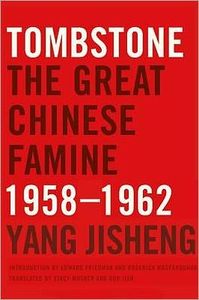(p. 1093) Methodologically, the most fundamental and forceful message from the book is that, by ignoring history and the fact that crises remain frequent, recurrent, episodic events–in both rich and poor countries–almost everyone, including researchers and policymakers, made themselves vulnerable to the wishful thinking encapsulated in the book’s title. There is a deeper statistical point here. Crises, and for that matter large recessions and other phenomena that are of first-order interest given their implications for economic activity, occur at quite a low frequency. They are rare events, meaning that they do not occur so frequently, at least for most countries in a short-span time series. Thus recent experience can be an unfaithful guide for scholars and statesmen alike, a good example being the complacent thinking that accompanied the erstwhile Great Moderation of recent decades even as financial pressures built up nationally and internationally. Possibly the most important lesson that readers will take away from this book is that if we are to do better in future, from our policy thinking in the chambers of power to our macroeconometric analyses in academe, (p. 1094) we need to admit the existence of, and come to grips with, a much broader universe of evidence.
For the full review, see:
Taylor, Alan M. “Global Financial Stability and the Lessons of History: A Review of Carmen M. Reinhart and Kenneth S. Rogoff’s This Time Is Different: Eight Centuries of Financial Folly.” Journal of Economic Literature 50, no. 4 (Dec. 2012): 1092-105.
(Note: italics in original.)
The book that Taylor reviews, is:
Reinhart, Carmen M., and Kenneth Rogoff. This Time Is Different: Eight Centuries of Financial Folly. Princeton, NJ: Princeton University Press, 2009.




